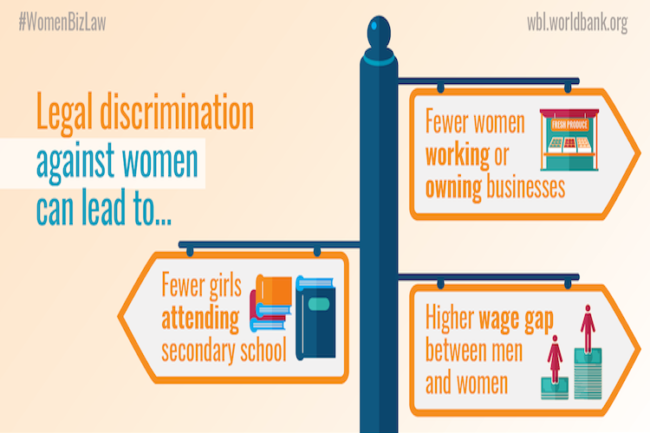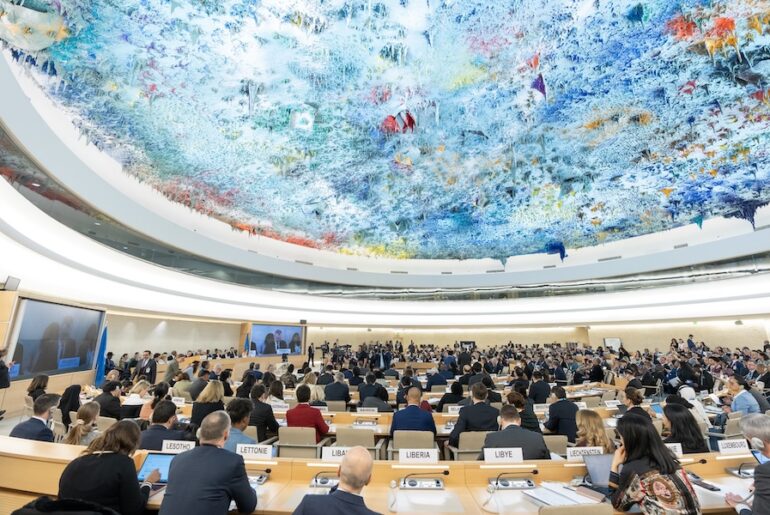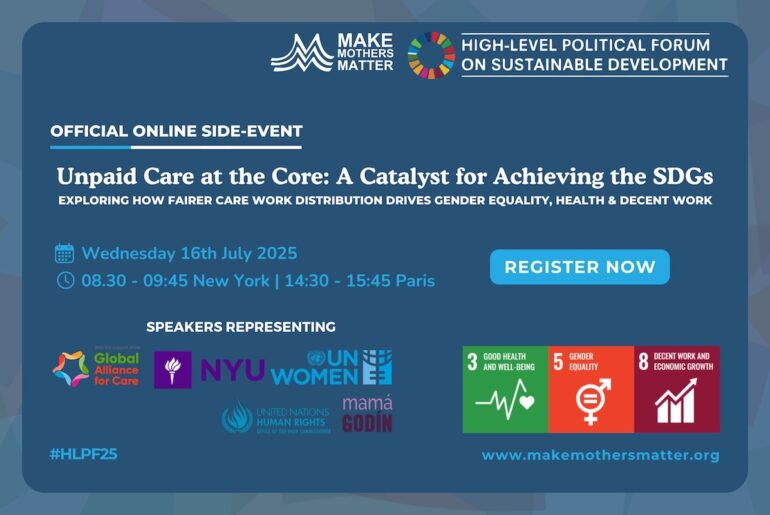22 countries do not allow mothers to pass their citizenship on to their children
17.07.16
The right of mothers to pass their citizenship on to their children has dramatic consequences on the civil and political rights, as well as economic, social and cultural rights of their children - beginning with their right to a nationality. And this only one among the many discriminations against women in the Law that still exists in countries around the world.

According to the Worldbank’s report Women, Business and the Law 2016, the following countries do not allow married mothers to pass citizenship on to their children as fathers can:
Bahamas, Bahrain, Barbados, Brunei Darussalam, Guinea, Iran, Iraq, Jordan, Kuwait, Lebanon, Madagascar, Malaysia, Mauritania, Nepal, Oman, Qatar, Saudi Arabia, Sudan, Swaziland, Syria, United Arab Emirates, West Bank and Gaza.
In addition to being discriminatory, the unequal treatment of women in Nationality laws is an obstacle to the realization of other rights for them and their children, including:
- the right to a citizenship, freedom from statelessness, freedom of movement
- the right to equality in the family
- the ability to participate equally in public and political life
- access to public services, access to the labour market
- the rights to housing, health, education, among other economic, social and cultural rights.
In 2015, MMM, in cooperation with MMM Liban, has participated in the Universal Periodic Review (UPR), a mechanism of the UN Human Rights Council where the human rights situation of each member State is periodically assessed by other member States. MMM has called for a change in the Lebanese Nationality Law.
Envisioning care as a common thread to global crises
29.07.24
UN New York - Our virtual HLPF side-event brought together experts to shed light on how the various global crises we face (in particular climate change and other environmental crises,
We call for multi-stakeholder approach to recognise and support unpaid care work
21.07.24
UN New York - Participating in the meeting of the UN Economic and Social Council (ECOSOC) on care and support systems, MMM reaffirmed the principle of co-responsibility, which should underpin
The New EU Gender Equality Roadmap : A Call for Inclusion of Mothers
04.03.25
The European Commission’s initiative on a new Gender Equality Roadmap post-2025, marks a significant step forward in addressing gender disparities across the European Union. Make Mothers Matter (MMM








